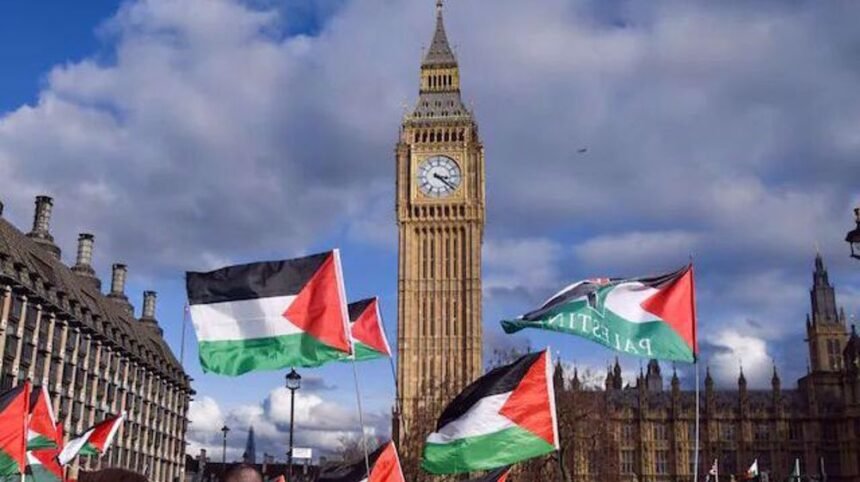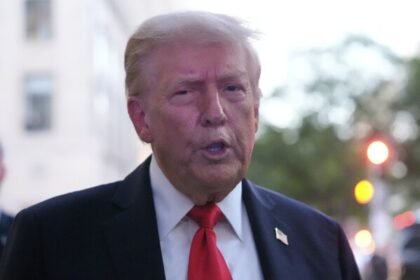A number of additional European countries and U.S. allies are expected to follow suit this week after the United Kingdom, Canada, and Australia formally recognized Palestine as a state on Sunday, signaling a dramatic change in foreign policy and a move away from their alliance with the United States.
In a statement, British Prime Minister Keir Starmer declared, “Today, the United Kingdom formally recognizes the State of Palestine to revive the hope of peace for the Palestinians and Israelis, and a two state solution.”
Also Read: Shaping the Future through AI Solutions: Stefan Kløvning as the Co-founder of Nordic AI
Prime Minister Mark Carney had just vowed a “peaceful future for both the State of Palestine and the State of Israel,” making Canada the first country in the Group of Seven to recognize the state of Palestine.
Shortly after officially recognizing “the independent and sovereign State of Palestine, Australian Prime Minister Anthony Albanese issued a statement. The action, which is primarily symbolic, gives the Palestinians more diplomatic standing and the ability to negotiate a treaty.
However, it doesn’t radically alter the situation in the occupied West Bank, where Palestinians are facing mounting pressure from Jewish settlers and the military, or the Gaza Strip, where the humanitarian catastrophe is still getting worse after over two years of conflict.
Read more: Empowering Humans with AI: Sebastian Knørr Vision Behind Building Nordic AI





